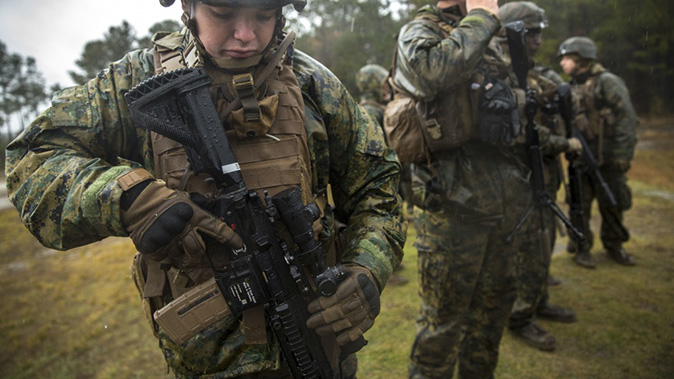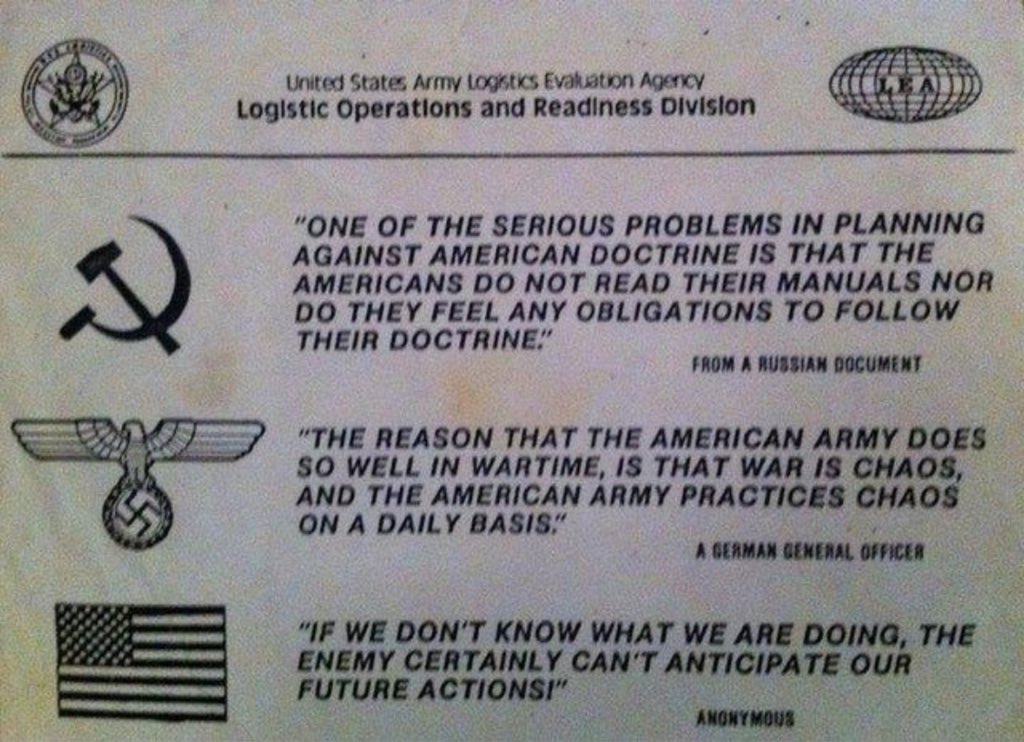What Kind of World are We Living In?
“Life today seems like a tale told by an idiot, full of sound and fury, signifying something,” writes Editor Gideon Rose in his introduction to the July/August issue of Foreign Affairs. It seems as if historic change is underway, but what does it all mean? How should we understand the chaos in global politics? Which world are we living in?
The issue’s lead package seeks to answer this question. It presents six different lenses through which to view today’s world—“a half dozen choices of grand narrative for an increasingly turbulent era,” Rose writes.
The links below bypass the paywall on ForeignAffairs.com for one month following the release date. We encourage journalists to share with their audiences.
More on:
U.S. Foreign Policy History and Theory of International Relations International Relations Political History and Theory World Order
Highlights from the cover package include:
In “Realist World,” Princeton University Professor Stephen Kotkin writes: “Now as ever, great-power politics will drive events, and international rivalries will be decided by the relative capacities of the competitors . . . . the course of the coming century will largely be determined by how China and the United States manage their power resources and their relationship.”
In “Liberal World,” Johns Hopkins University Associate Professor Daniel Deudney and Princeton University Professor G. John Ikenberry assert that despite the rise of autocracy and nationalism globally, “the liberal vision of nation-states cooperating to achieve security and prosperity remains as vital today as at any time in the modern age.”
In “Marxist World,” Open Society Foundations Associate Director Robin Varghese argues that class struggle is the defining characteristic of the day. Karl Marx foresaw “that capitalism’s internal logic would over time lead to rising inequality, chronic unemployment and underemployment, stagnant wages, the dominance of large, powerful firms, and the creation of an entrenched elite whose power would act as a barrier to social progress," he explains, precisely the problems plaguing much of the world today.
In “Tribal World,” Yale Law School Professor Amy Chua argues that identity often matters more than economics or ideology, adding that “in many places, the identities that matter most—the ones people will lay down their lives for—are not national but ethnic, regional, religious, sectarian, or clan-based. A recurring failure to grasp this truth has contributed to some of the worst debacles of U.S. foreign policy in the past 50 years.”
In “Tech World,” Mother Jones’ Kevin Drum contends that other forces are irrelevant in the face of artificial intelligence. The digital revolution, he predicts, is going to be “the biggest geopolitical revolution in human history.” Just as the Industrial Revolution turned out to be more important than any of the great political or economic movements of the nineteenth century, today’s technological change is likely to make today’s big ideas appear as “mere footnotes” to future (robot?) historians, he writes.
In “Warming World,” University of Texas Associate Professor Joshua Busby argues that there is one issue more important than any other: climate change. “The disruption to the earth’s climate will ultimately command more attention and resources and have a greater influence on the global economy and international relations than other forces visible in the world today,” he writes.
Additional highlights from the issue include:
Former U.S. Ambassador to Russia Michael McFaul cautions that “Washington must accept that Putin is here to stay and won’t end his assault on Western democracy and multilateral institutions anytime soon. To deal with the threat, the United States desperately needs a new bipartisan grand strategy. . . . As long as Putin remains in power, changing Russia will be close to impossible. The best Washington can hope for in most cases is to successfully restrain Moscow’s actions abroad while waiting for Russia to change from within.”
World Bank Group President Jim Yong Kim argues that while “governments in pursuit of economic growth love to invest in physical capital—new roads, beautiful bridges, gleaming airports, and other infrastructure,” they under-invest in human capital, which “can dramatically weaken a country’s competitiveness in a rapidly changing world, one in which economies need ever-increasing amounts of talent to sustain growth." And Kim announces the World Bank Group’s new index for human capital akin to the one it has produced on the ease of doing business.
Ohio Governor John Kasich notes many Americans are “increasingly coming to believe that our country suffers from a leadership vacuum.” Criticizing the Trump administration, Kasich writes that the United States has “a choice between two options: shut the blinds and withdraw from the world or engage with allies old and new to jump-start a new era of opportunity and security.”
International Crisis Group President Robert Malley and former U.S. State Department Chief of Staff Jon Finer argue that an excessive focus on fighting terrorism “disfigures American politics, distorts U.S. policies, and in the long run will undermine national security. The question is not whether fighting terrorists ought to be a key U.S. foreign policy objective—of course it should,” they write. “But the pendulum has swung too far at the expense of other interests and of a more rational conversation about terrorism and how to fight it.”
U.S. Russia Foundation CEO and former National Security Council Senior Director Celeste A. Wallander warns that “NATO is in peril. Multiple members are dismantling the institutions and practices of liberal democracy that emerged triumphant in the Cold War, and things may get worse if autocratic demagogues exploit populist fears to gain political clout in other member states. Just when the alliance is needed as much as ever to meet challenges from without, the foundations of its power are at risk of crumbling because of challenges from within.”
Stanford University Scholar in Residence Jeffrey Ball explains why carbon pricing “isn’t doing much about climate change.” Putting a price on emissions, he argues, is “a policy prescription widely billed as a panacea” that is merely “acting as a narcotic. It’s giving politicians and the public the warm feeling that they’re fighting climate change even as the problem continues to grow.”
Harvard Kennedy School Professor Graham Allison argues that policymakers and academics worry too much about maintaining the liberal international rules-based order. Instead of seeking to return to an imagined past in which the United States molded the world in its image, “Washington should limit its efforts to ensuring sufficient order abroad to allow it to concentrate on reconstructing a viable liberal democracy at home.”
https://www.cfr.org/news-releases/what- ... -we-living










